Taking a note from Konami’s well-written playbook of removing key and influential developers from beloved game franchises, Square Enix announced today that it was severing ties with IO Interactive — the creative team behind the acclaimed Hitman series. In doing so, the Japanese publisher has made one thing undeniably clear: They don’t give a shit about you or the games you love.
If your favorite game doesn’t meet a publisher’s high standards or continuously fluctuating (and sometimes ridiculously unattainable) sales expectations, then you ought to brace yourself, because your beloved digital world might just go the way of the Dodo. At bare minimum, that series may be put on indefinite hiatus while publishers and developers furiously scratch for answers that may or may not be tangible or actionable.
Existing somewhere between life and death, the Hitman series is currently in that strange development limbo. Only time will tell if Agent 47 will escape his current mission alive, which is an unfortunate prospect for the millions of gamers who adore the series.
In fact, Square would do well not to jettison the series from their catalog altogether (as Konami seemingly has with the Silent Hill series). Doing so would not only drive stealth and tactical gamers away from the company, but it would also completely cut the company off from a perennial profit source — making a bad decision even worse.
Numbers Don’t Lie: The Hitman Series Has Sold Well
A quick look at Metacritic and Steam marketplace reviews will show that the Hitman series has been well-received by fans and critics alike, even back in 2000 when the first game was released on PC. But what’s more important is sales — and the series hasn’t disappointed there, either. The estimated revenue for Hitman: Absolution, which released in 2012, was well north of $30 million, with 3.6 million units sold. Digging further, sales of the Hitman episodic series are in the ballpark of $9 million on PC alone, not taking Steam sales into account. Not too shabby for a game with an arguably niche audience.
The important point here is that although sales of the Hitman series have never once been mind-blowing or earth-shaking, they have been undeniably consistent over the past 17 years. From installment to installment, IO Interactive has produced a reliable and dependable model for Hitman. The throughline in all this is that IO is a developer with vision — and one with the capacity to see that vision through to fruition time and time again.
Originally owned by Eidos Interactive, IO Interactive came under the umbrella of Square Enix in 2009 when the publisher purchased Eidos. Remarkably, the quality of the core Hitman franchise hasn’t changed since the game’s inception, despite high-level and drastic changes in the publisher arena. And it’s all because IO Interactive intrinsically understands what makes a good Hitman game. The development team also knows what makes the franchise popular: stealth, contract kills, and a sometimes zany freedom of choice.
Of course, that doesn’t mean there haven’t been hiccups along the way — like the aforementioned episodic release schedule of the series’ latest entry, DRM debacles, and sometimes frustrating bugs adversely affecting gameplay. But only the latter falls on the shoulders of IO. Square Enix, with its pervasive history of unreasonable sales expectations and shady publishing decisions, pushed Hitman into uncharted and tenuous territory in pursuit of increased revenue.
The TL;DR? Handing Hitman over to a new studio that’s neither invested in nor understands the core concepts of the series could prove disastrous for future iterations of the series. The only other option is that this is the end of the Hitman series completely. And if that’s the case, this bottom-line-saving move by Square Enix will be all for naught — and even disastrous for their profit margins moving forward.
Looking at other games in the Square Enix library, such as Tomb Raider, Kane & Lynch, and Sleeping Dogs, the publisher incontrovertibly strains its dev teams to meet and exceed ludicrous sales goals dreamed up in a boardroom, rather than the development trenches.
Of course, I hear you groaning: “But that’s pervasive throughout the gaming industry.” And of course, you wouldn’t be wrong. Activision and Konami are just two of the publishers notorious for this type of maligned vision. From a business perspective, it’s not a totally indefensible stance. The net worth of the global gaming industry was about $99 billion in 2016, and it’s showing no signs of slowing down any time soon. So there really is a lot of money to be made, and it’s reasonable for publishers to want to see profits that reflect the insane proliferation of video gaming.
But the decision by Square to cut ties with a consistent developer feels more like a petulant knee-jerk reaction than a competent business strategy. In fact, the company is reportedly losing $43 million — or 14% of the company’s operating profit — in divesting themselves from IO Interactive. That’s a big chunk of change to spend on dropping a company that’s been paying its bills.
When Good isn’t Good Enough
In conjunction with announcing their split from IO Interactive, Square Enix said that margins over the last fiscal year had increased. In a press release, Square noted that:
“The company reported record-high net sales, operating income, ordinary income, and profit attributable to owners of parent, respectively.”
Undoubtedly, the Hitman franchise was a key contributor to that growth and success. In fact, the Hitman episodic series performed well enough for IO Interactive to have reportedly received the greenlight to move forward with Season 2 of the game. On top of that, the episodic series has been steadily receiving new, engaging updates over the past several months — many of which have led to increased sales across the board.
So in the worst case scenario, the Hitman series has been performing moderately well. But apparently, good just isn’t good enough — at least not for Square Enix.
But the publisher isn’t alone in its thinking. This divestment speaks to a larger problem within the gaming industry as a whole: publisher myopia. In a world predicated upon immediacy and instantaneous gratification, publishers are increasingly prone to myopic, impulsive reactions. Take EA for example. Despite performing reasonably well and receiving good reviews, the publisher has elected to put all future Mass Effect titles on indefinite hold because of self-supposed “lukewarm sales” of Mass Effect: Andromeda.
This type of behavior encourages the development of a binary ecosystem, one in which there is a dearth of “good” games. In other words: Games need to sell gangbusters AND be widely popular to usher themselves into the upper echelons of success. On the surface, it appears to be a good deal for gamers: we’ll only get the best games developers can churn out. But the reality is most likely the opposite.
With publishers like Square Enix focusing solely on their core products — or the products supposedly laden with the least amount of risk — the iterative creative process suffers. In a nutshell, there’s less diversity and we’re inundated with (middling) Final Fantasy after (middling) Final Fantasy after (middling) Final Fantasy after…well, you get the point.
The Breakup Fractures Square’s Audience
There’s little way around it: this breakup alienates a segment of Square’s audience. Nary a single game in the company’s lineup will retain the segment of gamers that were drawn to the Hitman franchise. Tomb Raider can barely pass as a stealth title, and Square has even halted new installments of the Deus Ex franchise for the foreseeable future.
The near-term effects of Hitman‘s supposed poor performance have led Square to set in motion a sequence of events that could impact their bottom line in the long-term. In essence, the company is putting its audience in a single basket and completely turning a blind eye to the segment of that audience which has been fiercely loyal to the Hitman franchise through thick and thin.
On one level, it’s a decision solely based on business and the company’s bottom line. But on another level, it’s a decision that’s a big middle finger to gamers everywhere. No matter how much you love a game, or how good it actually is, the publishers that release it are in this for the money. And for fans of the Hitman series, that middle finger and pompously cavalier attitude is just something they’ll have to deal with…at least if Square has anything to say about it.

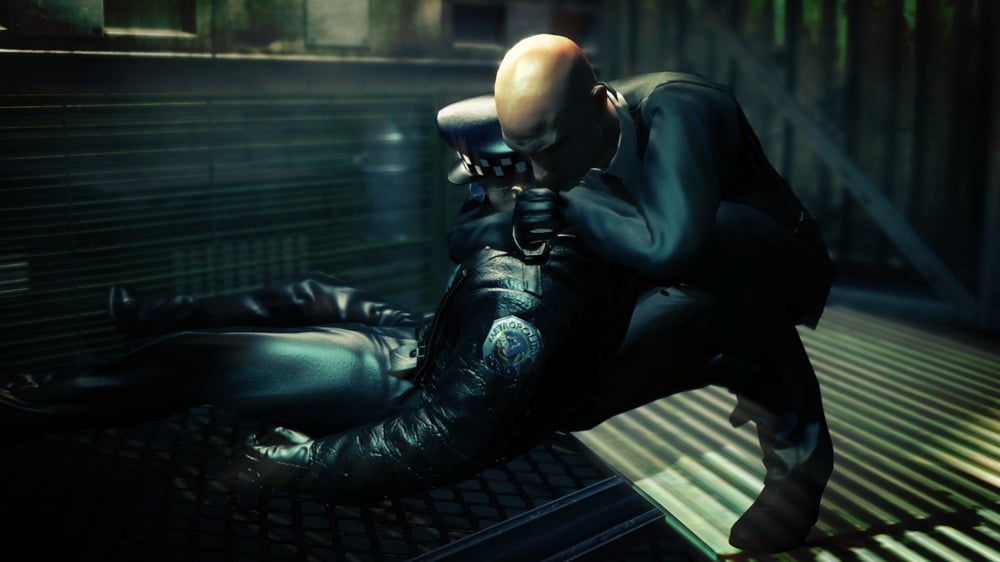
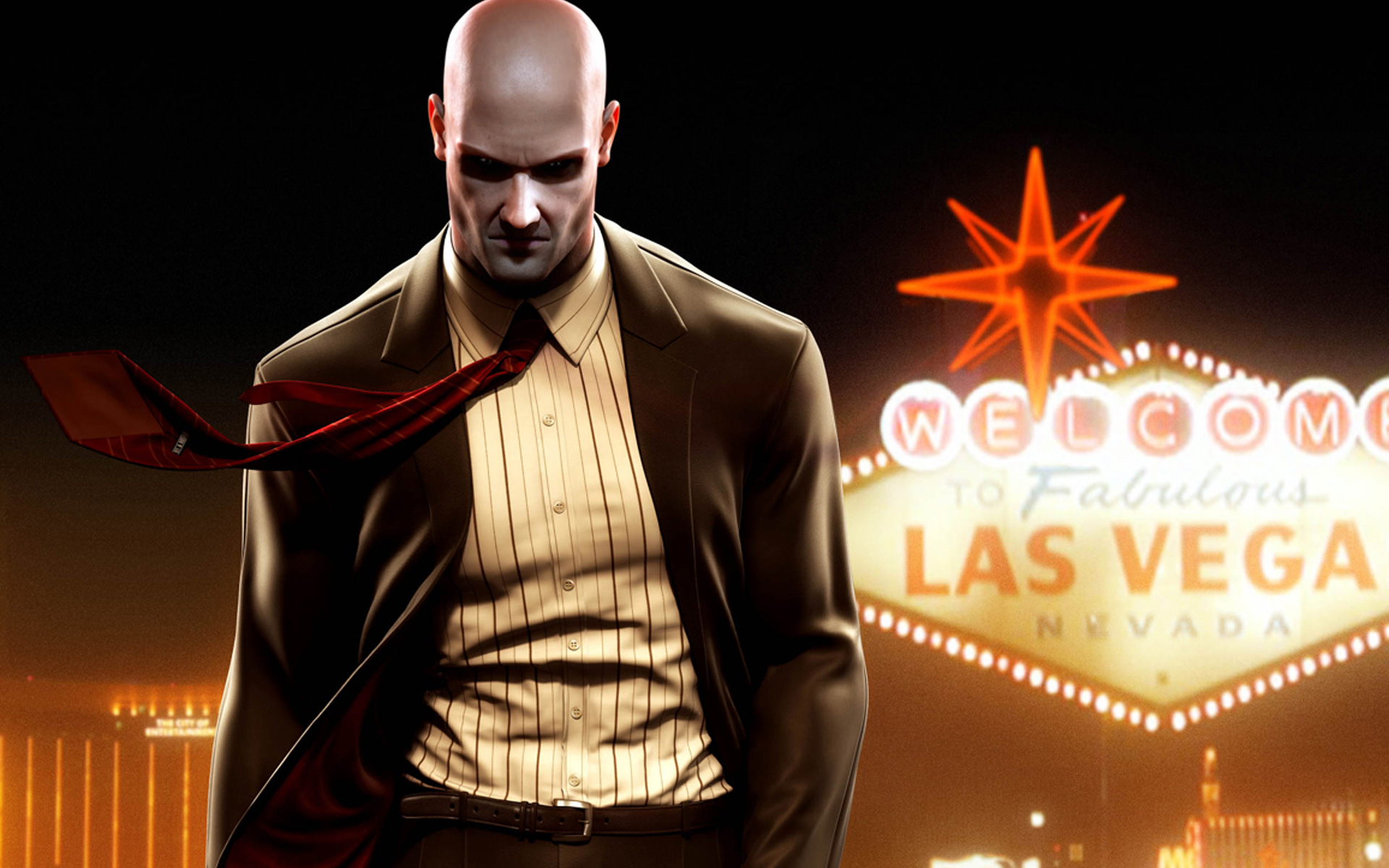
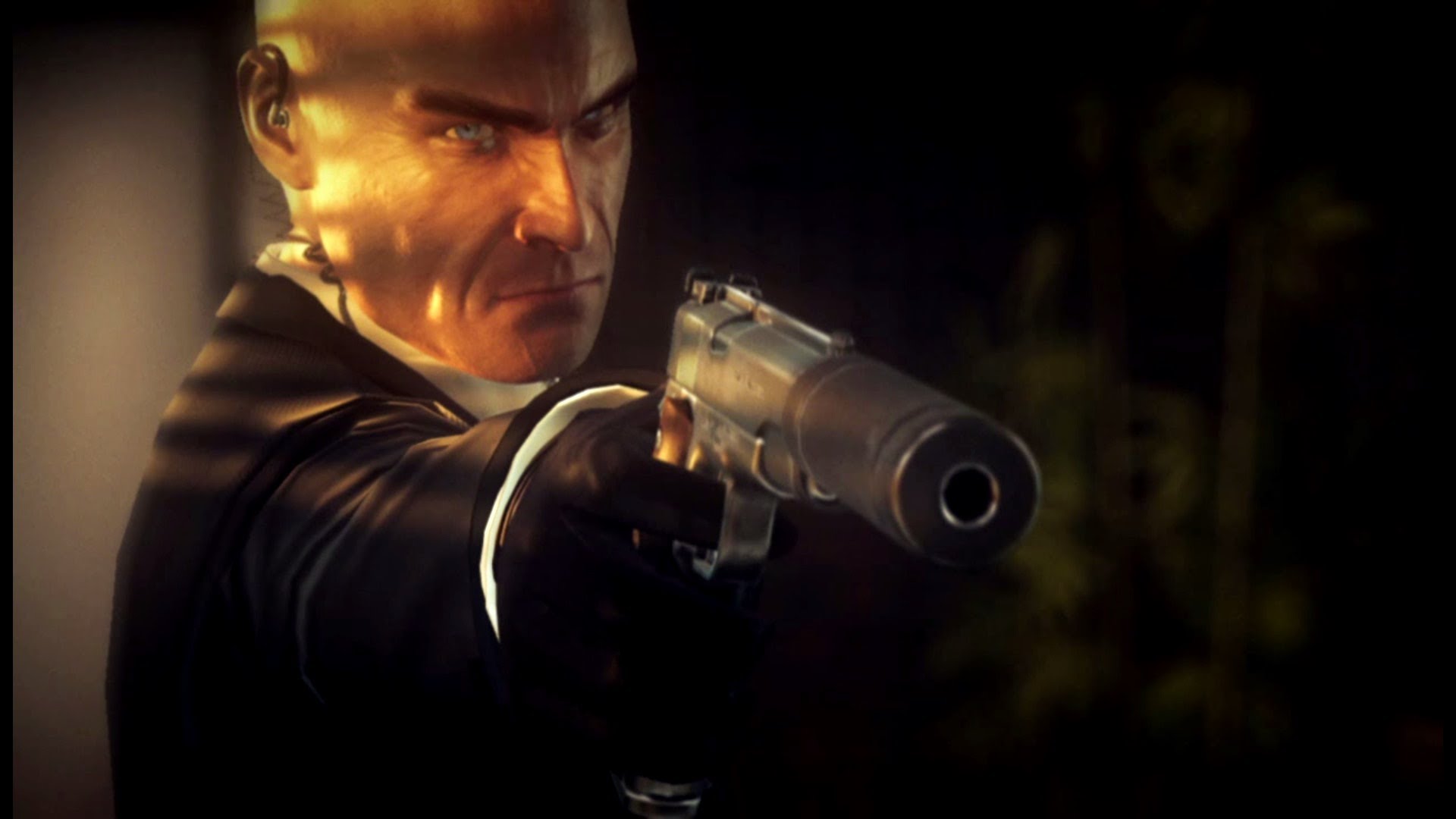
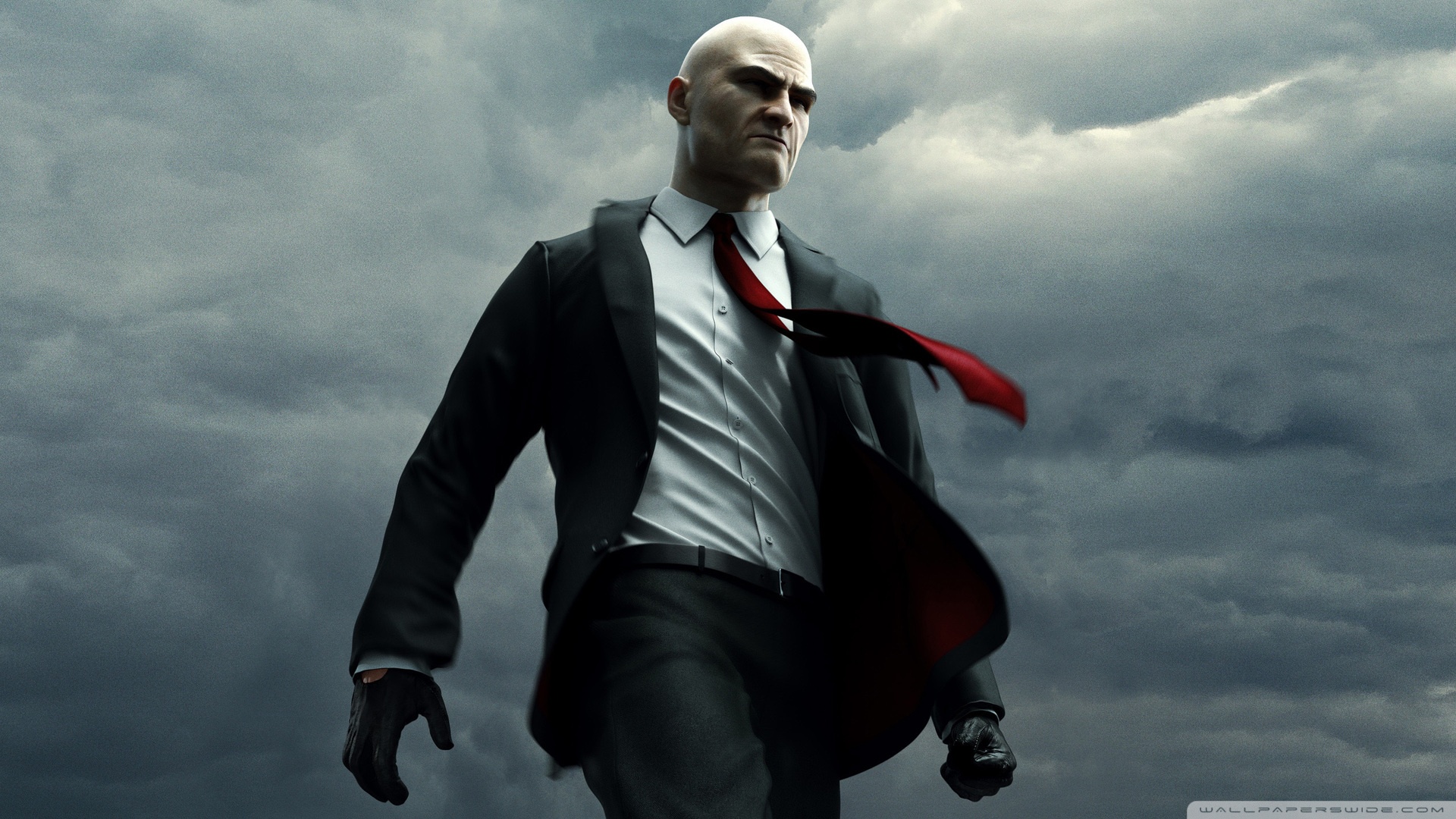
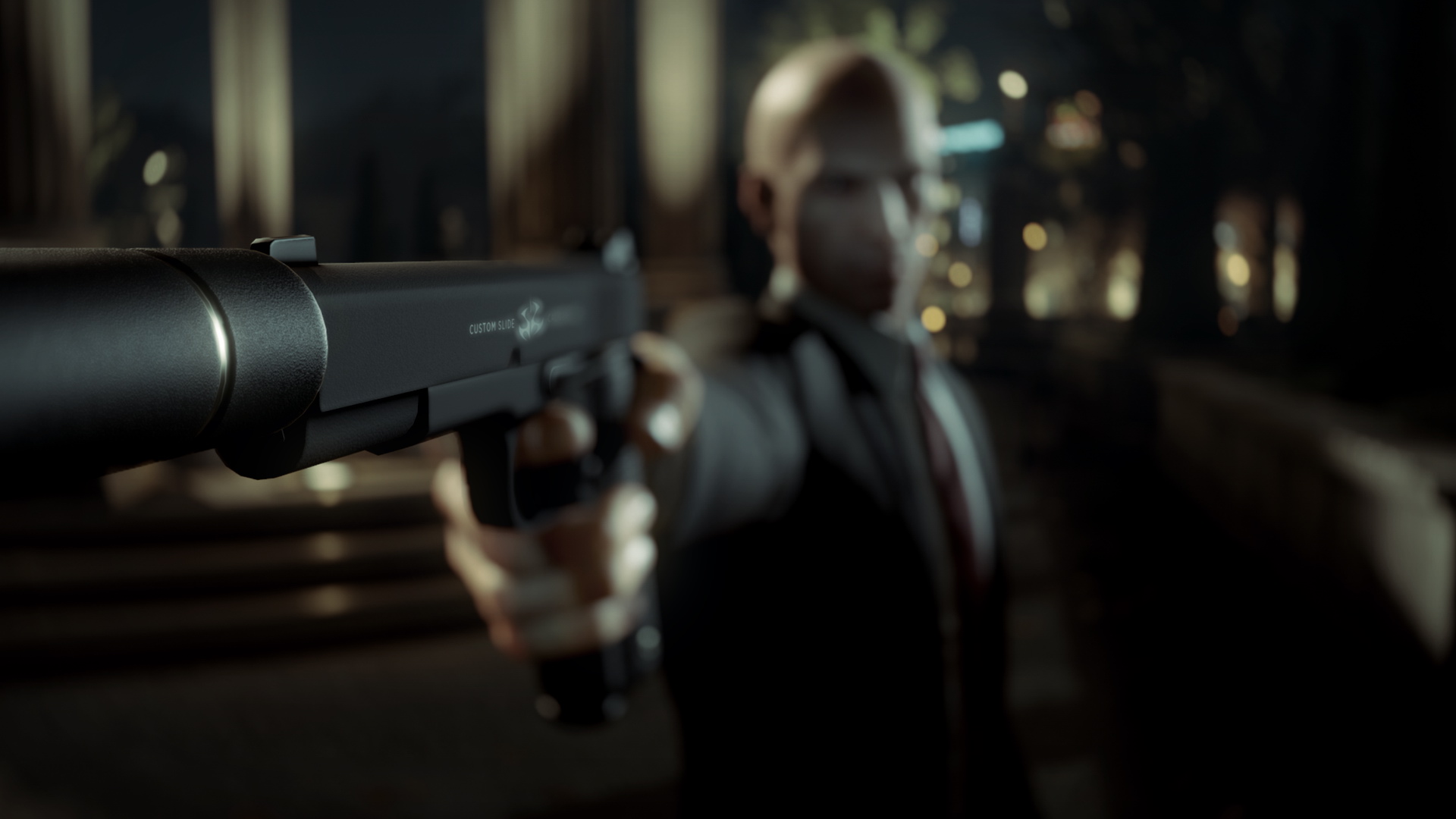





Published: May 11, 2017 02:29 pm